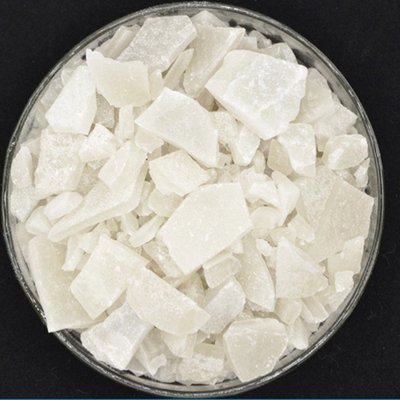The Difference Between Aluminum Sulfate And Iron-Free Aluminum Sulfate
Iron-free aluminum sulfate is a type of aluminum sulfate, but many users do not know the difference between them. Let's take a closer look at the different performance aspects.
The difference between aluminum sulfate and iron-free aluminum sulfate is mainly compared in terms of properties and uses:

1. Properties:
Ordinary aluminum sulfate is odorless, white, hygroscopic, shiny crystals or powders with a density of 1.69g/mL (25°C);
Iron-free aluminum sulfate is a solid product in the form of white granules or blocks with a density of 2.71g/mL.
2. Uses:
Ordinary aluminum sulfate is mainly used in papermaking and water purification, and is used as a mordant, tanning agent, medical astringent, wood preservative, foam fire extinguishing agent, and can also be used as an effective cross-linking agent for animal glue and a curing agent for urea-formaldehyde adhesives.
Iron-free aluminum sulfate is used in high-grade paper manufacturing, special water treatment, production of high-grade titanium dioxide, and as a high-grade filler, etc.
Generally speaking, the difference between the two lies in the purity. Different industries can choose high-purity iron-free aluminum sulfate or lower-purity ordinary aluminum sulfate according to actual needs.
